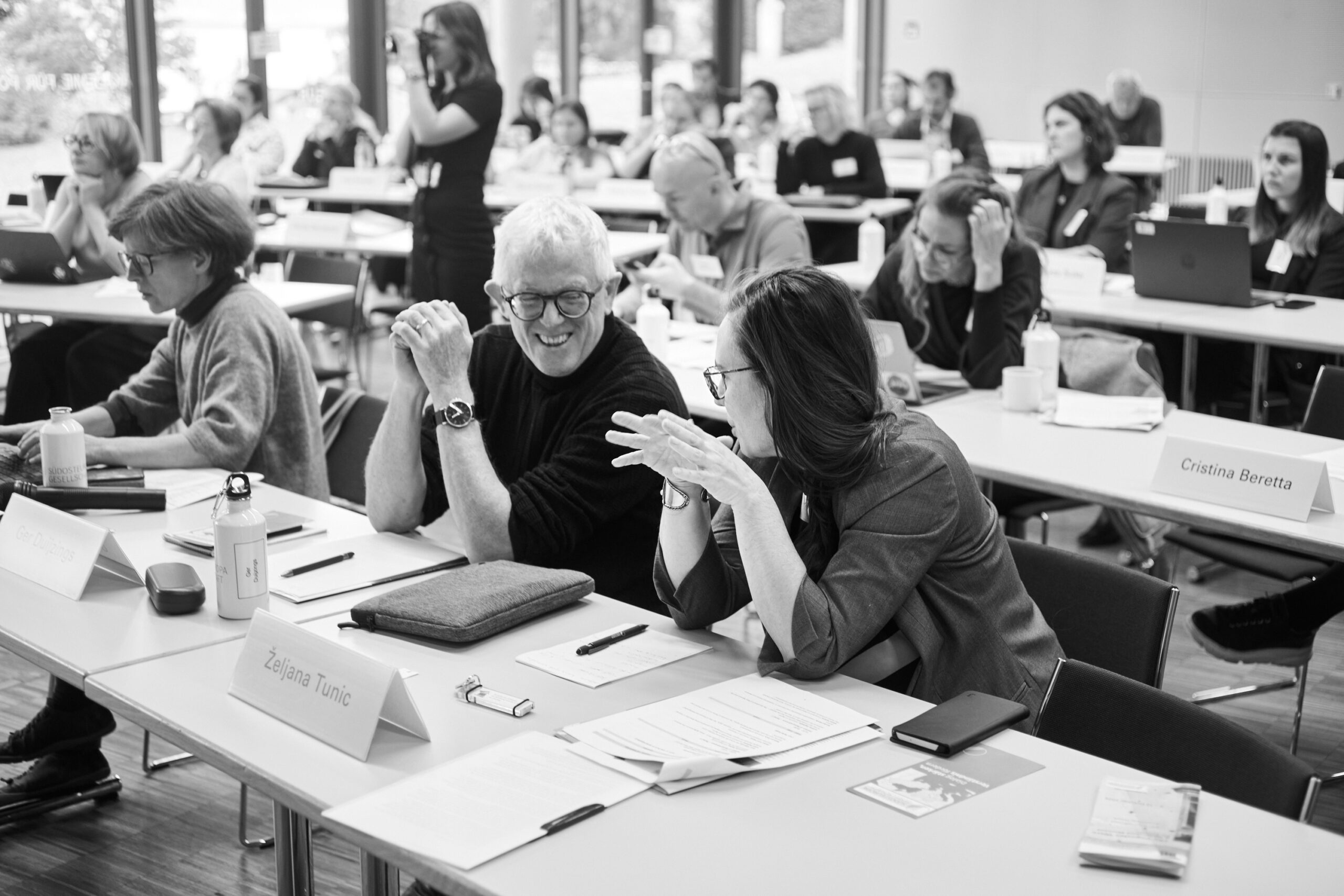From 6 to 10 October 2025, scholars from across Europe gathered at the Akademie für Politische Bildung in Tutzing, on the shores of Lake Starnberg near Munich, for the 63rd International Academic Week. This year’s edition, titled “The Yugoslav Wars – A Watershed Moment for Europe,” invited participants to revisit one of the most defining chapters in recent European history — and to explore its global dimensions.
The conference was hosted by Prof. Dr. Ger Duijzings, seeFField Project Leader, Prof. Dr. Heike Karge from the University of Graz, former member of seeFField’s Steering Board, and Jun.-Prof. Dr. Željana Tunić from the University of Halle-Wittenberg. It brought together early-career researchers and established scholars from Germany, Southeast Europe, and beyond.
Organised by the Southeast Europe Association (SOG), the event marked the 30th anniversary of the Srebrenica genocide and the end of the wars in Bosnia and Herzegovina and Croatia — a poignant moment to reflect on how these conflicts reshaped not only Southeast Europe but Europe as a whole. Over the course of five days, participants examined how the legacies of the Yugoslav wars continue to shape politics, culture, and collective memory. Discussions covered themes such as the politics of remembrance, war experiences and their afterlives, transitional justice in the digital age, and the role of literature and the arts in coming to terms with the past.
The week encouraged a rich and dynamic dialogue, weaving together personal experiences, local memories, and global realities. It underscored how the legacies of the Yugoslav wars still speak to the present — as Europe and the wider world grapple with new wars, atrocities, and the enduring quest for justice and reconciliation.
